In today’s hyper-connected world, the concept of privacy is continually evolving. With the increasing digitization of our lives, the need for effective anonymity has become more critical than ever. Whether for individuals seeking to protect personal information or businesses striving to shield sensitive data from prying eyes, protective anonymity protocols have emerged as a crucial strategy. These protocols are not merely tools for maintaining privacy but essential components of a comprehensive security framework.
Understanding Protective Anonymity Protocols
Protective anonymity protocols are a set of procedures and technologies designed to protect an individual’s or organization’s identity and personal information from unauthorized access. They are implemented across various platforms to ensure that one’s digital footprint remains untraceable, safeguarding against data breaches, identity theft, and other malicious activities.
These protocols involve a combination of encryption, data masking, pseudonymization, and other techniques that obscure identifying information. By utilizing these methods, entities can communicate, transact, and interact online without revealing their true identities, thereby mitigating risks associated with digital exposure.
The Importance of Anonymity in the Digital World
The digital era has brought about unprecedented convenience and connectivity. However, it has also led to increased vulnerability to cyber threats. In 2023 alone, global cybercrime damages were projected to reach $8 trillion, underscoring the importance of robust anonymity protocols . Without proper protection, personal and corporate information can be easily exploited by hackers, competitors, or even state actors.
Why Individuals Need Protective Anonymity Protocols
For individuals, especially those involved in high-risk professions or living in politically unstable regions, maintaining anonymity is not just a matter of privacy but of survival. Journalists, activists, and whistleblowers, for example, rely on anonymity to expose corruption and wrongdoing without facing retaliation. Protective anonymity protocols allow these individuals to communicate securely, ensuring their identities are shielded from oppressive regimes or hostile entities.
Additionally, the rise of social media has created a breeding ground for cyberstalking, doxxing, and identity theft. By implementing protective anonymity protocols, individuals can engage online without the fear of their personal information being exposed and misused.
Why Businesses Need Protective Anonymity Protocols
For businesses, the stakes are equally high. In the corporate world, trade secrets, proprietary information, and strategic plans are valuable assets that require protection. A data breach not only compromises these assets but can also lead to significant financial losses and reputational damage.
Protective anonymity protocols are vital for businesses that operate in sensitive industries, such as finance, healthcare, and legal services. These protocols ensure that client information, intellectual property, and internal communications remain confidential, reducing the risk of data leaks and unauthorized access.
Key Components of Protective Anonymity Protocols
Implementing effective protective anonymity protocols involves multiple layers of security. Here are some of the most common components:
1. Encryption
Encryption is the cornerstone of any anonymity protocol. It converts data into a code, making it unreadable to anyone without the correct decryption key. Advanced encryption algorithms ensure that even if data is intercepted, it remains inaccessible to unauthorized users. Encryption is widely used in securing communications, financial transactions, and stored data.
2. Pseudonymization
Pseudonymization involves replacing identifiable information with artificial identifiers, or pseudonyms. This technique is particularly useful in data processing, where it allows organizations to use data for analysis without exposing the identities of individuals. In the event of a data breach, pseudonymized data is less likely to result in identity theft or privacy violations.
3. Data Masking
Data masking obscures specific data within a database, rendering it unusable by unauthorized users. Unlike encryption, which transforms data into a code, masking involves altering the data’s structure to hide sensitive information while retaining its utility for authorized processes. This technique is commonly used in software testing, data analytics, and customer service operations.
4. Onion Routing
Onion routing is a technique used to anonymize online communication. It involves encrypting data multiple times and sending it through a network of volunteer-run servers, or nodes. Each node peels away one layer of encryption before passing the data to the next node, hence the name “onion” routing. The Tor network is the most well-known implementation of onion routing, providing users with anonymous access to the internet.
5. Virtual Private Networks (VPNs)
VPNs are widely used to secure internet connections by creating a private network over a public one. They encrypt the user’s internet traffic and mask their IP address, making it difficult for third parties to track their online activities. VPNs are essential tools for individuals and businesses looking to enhance their online anonymity and protect sensitive information.
Case Studies: Real-World Applications of Protective Anonymity Protocols
Case Study 1: Protecting Whistleblowers in High-Risk Environments
In 2019, a prominent whistleblower in a Southeast Asian country used protective anonymity protocols to expose government corruption without revealing their identity. By using encryption tools, VPNs, and secure communication platforms, the whistleblower was able to leak sensitive documents to international media without being traced. This case highlighted the critical role of anonymity in safeguarding individuals who challenge powerful entities.
Case Study 2: Corporate Data Protection in the Financial Sector
A multinational financial institution faced the challenge of protecting its clients’ sensitive financial data while complying with international privacy regulations. The company implemented a combination of pseudonymization, data masking, and encryption protocols to secure its databases. This approach not only protected client information from cyber threats but also ensured compliance with data protection laws such as the GDPR. The result was a robust security framework that reduced the risk of data breaches and maintained client trust.
Case Study 3: Enhancing Online Privacy for Activists
In the Middle East, a group of human rights activists used onion routing and VPNs to organize protests and share information without revealing their locations or identities. These protective anonymity protocols allowed the activists to bypass government censorship and surveillance, enabling them to mobilize support for their cause while staying under the radar. The success of their efforts underscored the importance of anonymity in regions with restrictive internet policies.
The notion of privacy in the digital age is increasingly complex, particularly when considering advanced technologies like quantum key distribution networks. As individuals seek to protect their privacy, the integration of protective anonymity protocols becomes essential. For instance, ensuring that one’s ieee account purchase details profile remains secure is crucial in avoiding unauthorized access. The quantum keys distribution network offers a promising future in this regard, yet the details profile information need must be carefully managed to maintain the integrity of personal data. By securing the purchase details profile information, users can better protect their identities and personal information from potential cyber threats.
Challenges and Limitations of Protective Anonymity Protocols
While protective anonymity protocols offer significant benefits, they are not without challenges. One of the primary concerns is the potential misuse of these protocols by malicious actors. Criminals, terrorists, and hackers can exploit anonymity tools to conduct illegal activities without fear of detection. This has led to calls for increased regulation and oversight of anonymity technologies.
Another limitation is the complexity of implementing and maintaining these protocols. For individuals and small businesses, the technical expertise required to set up and manage encryption, VPNs, and other anonymity tools can be a barrier. Additionally, the effectiveness of these protocols can be compromised by human error, such as weak passwords or poor security practices.
Finally, the legal landscape surrounding anonymity is complex and varies by jurisdiction. In some countries, the use of certain anonymity tools is restricted or even illegal. Businesses and individuals must navigate these legal challenges to ensure they remain compliant while protecting their privacy.
The Future of Protective Anonymity Protocols
As cyber threats continue to evolve, so too will the methods used to protect against them. Advances in artificial intelligence, quantum computing, and blockchain technology are expected to revolutionize protective anonymity protocols in the coming years. For example, quantum encryption holds the promise of unbreakable security, while blockchain’s decentralized nature could offer new ways to anonymize transactions and communications.
Moreover, the growing awareness of privacy issues among consumers is likely to drive demand for more user-friendly anonymity tools. Companies that can provide simple, effective solutions will have a competitive advantage in a market increasingly concerned with data privacy.
Conclusion: The Role of William Blackstone Internacional in Protecting Anonymity
Protective anonymity protocols are essential for safeguarding privacy in an increasingly digital world. Whether for individuals seeking to protect their identities or businesses aiming to secure sensitive information, these protocols provide a crucial layer of defense against cyber threats.
William Blackstone Internacional has been at the forefront of helping clients achieve their privacy and security goals. With a deep understanding of the complexities of anonymity and a commitment to client success, they have assisted numerous individuals and organizations in navigating the challenges of the digital age.
For more insights into how protective anonymity protocols can benefit you or your business, explore שלנו services at William Blackstone Internacional.













